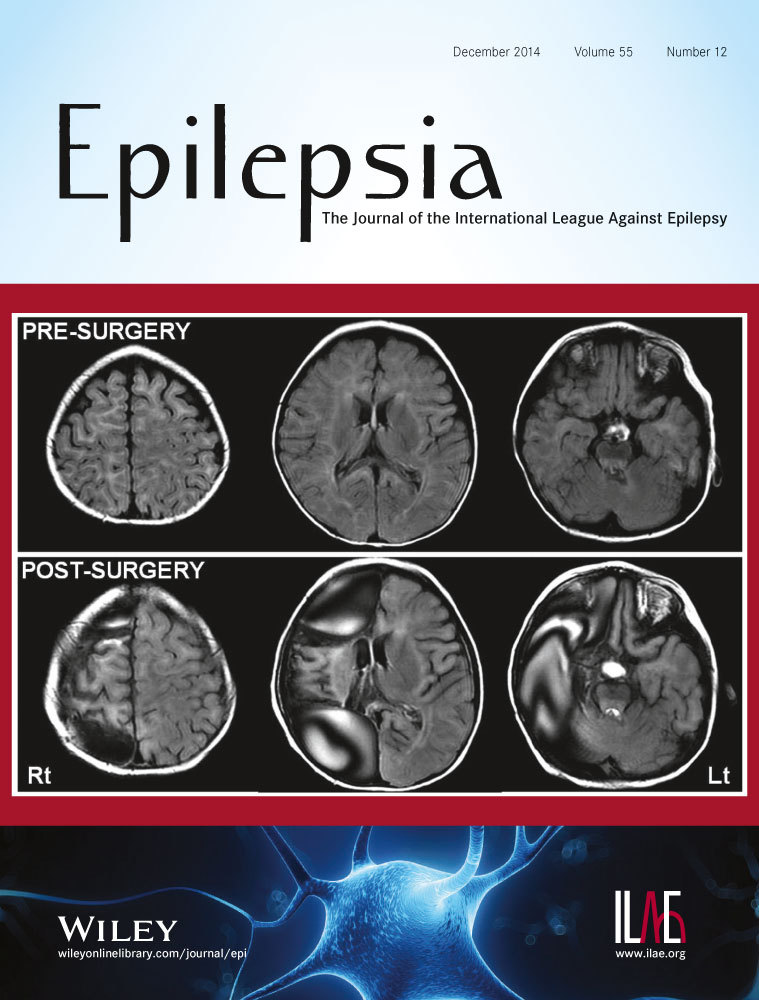From the Editors: Epilepsia's survey on the necessity of the Wada test and intracranial electrodes for cortical mapping
Summary
Objective
From April 4 to August 1, 2014, Epilepsia conducted an online survey seeking opinions related to the use of the Wada test and intracranial electrodes in localizing cortical functions for epilepsy surgery patients. This study reports the findings of that poll.
Methods
The survey consisted of six questions. Two questions addressed: (1) If a Wada test was always necessary for patients with temporal lobe epilepsy; and (2) if magnetoencephalography (MEG) and functional magnetic resonance imaging (fMRI) data could replace intracranial electrodes in localizing cortical motor-sensory and language functions. Four questions addressed the type of medical personnel, geographic region of residence based on International League Against Epilepsy (ILAE) regions, if responders had read the paper, and if they were ILAE/International Bureau for Epilepsy (IBE) members.
Results
Of 115 that started the survey, 92 (80%) completed it, and most were epilepsy specialists (87%) from North America (49%) and Europe (28%). Of responders, 85% indicated that Wada tests were unnecessary for temporal lobe epilepsy surgery patients. There were differences based on residency, with 100% of those from Europe indicating that the Wada test was unnecessary compared with 75% of those from North America (p = 0.01). Of responders, 56% indicated that intracranial electrodes were necessary to localize functional cortex.
Significance
This survey found that the majority considered the Wada test unnecessary for temporal lobe epilepsy surgery patients, with more of those from Europe saying it is not needed compared with North America. In addition, just over half indicated that intracranial electrodes are still needed to localize motor-sensory and language functions. These findings, although based on opinions, support that there are divergent views on the use of these procedures in epilepsy surgery patients that require additional study.




